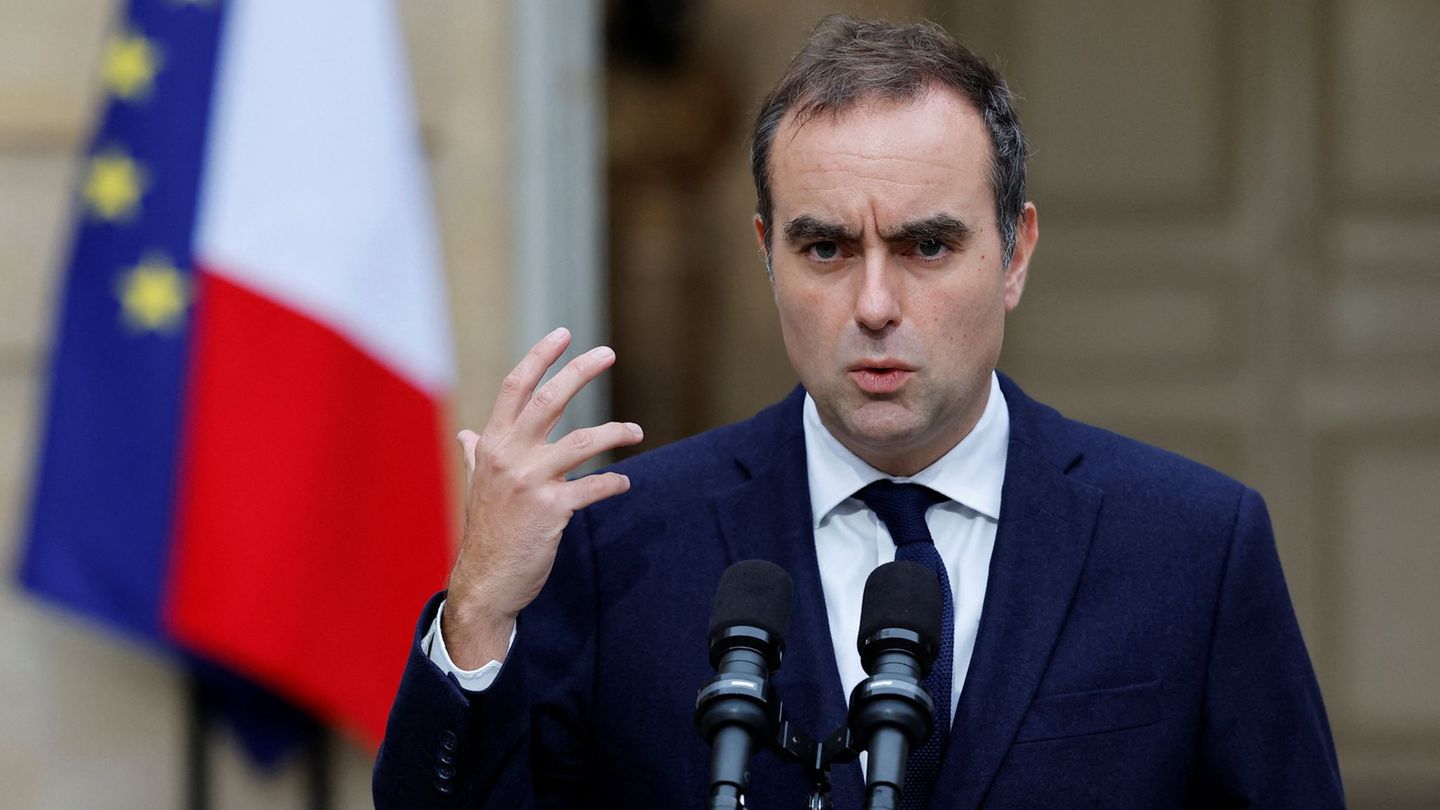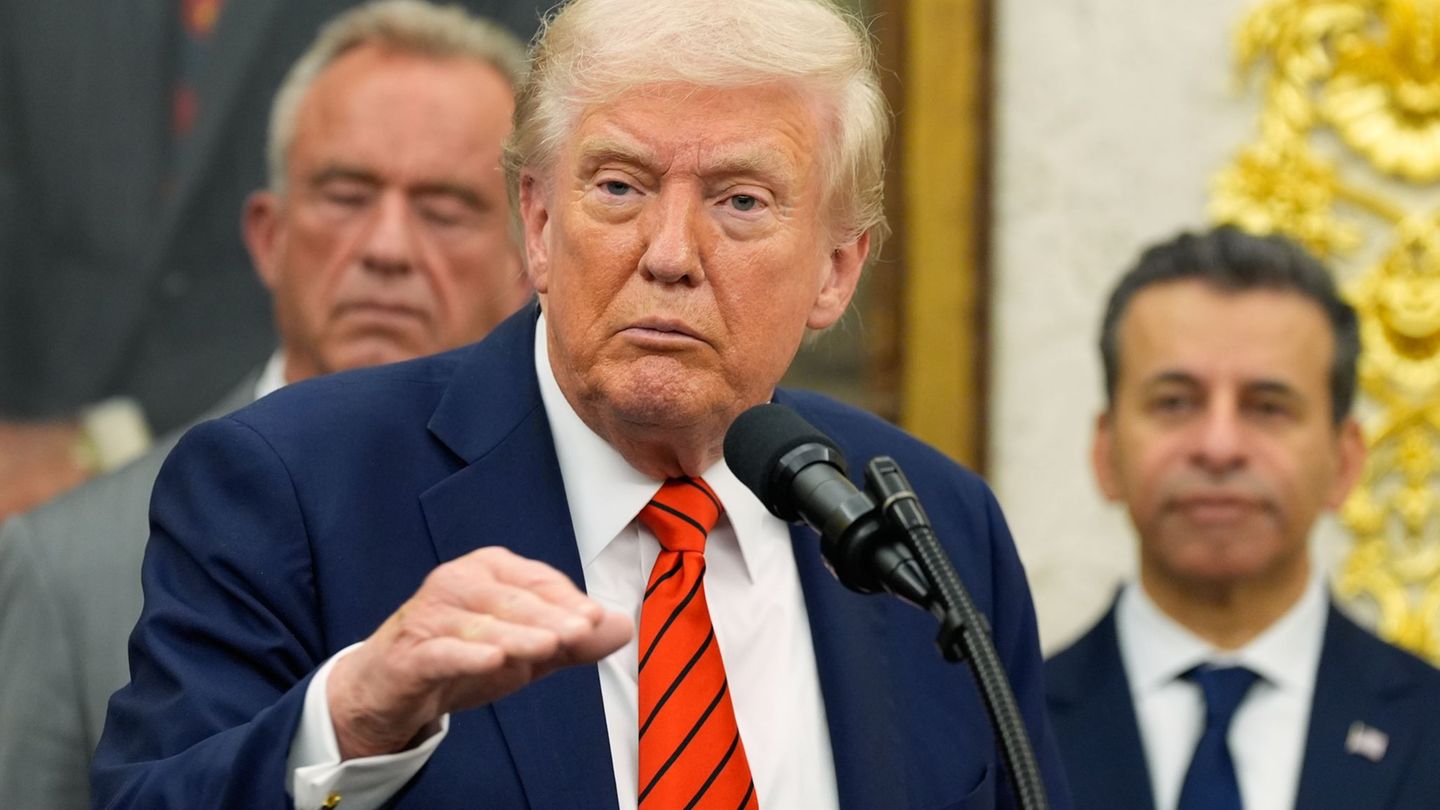Image: Dmitry Naumov
“Every dose counts” is the motto of this year’s European Vaccination Week, which lasts until April 29. It is organized annually by the WHO. The Ministry of Health wants to close the vaccination gaps that have arisen during the corona pandemic, including measles and polio .
The consequences of such vaccination gaps can be seen in the current outbreak of measles: 114 cases have been registered since mid-February, and some children have had to go to the hospital with serious illnesses. Vaccinations are one of the most important preventive medical measures – they provide effective and safe protection.
The European Vaccination Week aims to help raise awareness of the importance of vaccination. It is the prelude to a “year of immunization”.
For measles, the number of vaccinations administered increased again in 2022. Small children in particular were increasingly vaccinated again. However, there are still many unvaccinated people, especially among girls and boys who were born in 2019 or 2020. “Even among young adults, there are still vaccination gaps,” says Maria Paulke-Korinek, head of the vaccination department at the Ministry of Health.
Protection against polio
Vaccination against polio (infantile paralysis) also has some catching up to do, although infants were vaccinated more frequently last year. In 2022, more than seven percent of children aged two to four were not vaccinated against polio. 20 percent had received only a partial vaccination. In total, more than 53,000 children between the ages of two and four in Austria have not received a full basic immunization against polio.
There are also gaps in booster vaccinations: 14 percent of nine-year-olds were not sufficiently vaccinated against polio in the past year, which corresponds to 12,300 children. They are also not completely protected against diphtheria, tetanus or pertussis because combination vaccines are usually used at this age.
Free HPV immunization
Since February 1, 2023, HPV vaccinations up to the 21st birthday have also been possible free of charge. It offers protection against nine types of HPV. Vaccination is recommended for both boys and girls over the age of nine. An analysis of the vaccination rates showed that only 56 percent of the children received the first and around 53 percent the second HPV vaccination.
more from culture
Hollywood souvenirs sell for a lot in the USA
Life on the move, but without real prospects
A hallelujah and a bus
“The White Rose” in the Linzer Landestheater: beautiful, painful, approachable
: Nachrichten
I am an author and journalist who has worked in the entertainment industry for over a decade. I currently work as a news editor at a major news website, and my focus is on covering the latest trends in entertainment. I also write occasional pieces for other outlets, and have authored two books about the entertainment industry.




